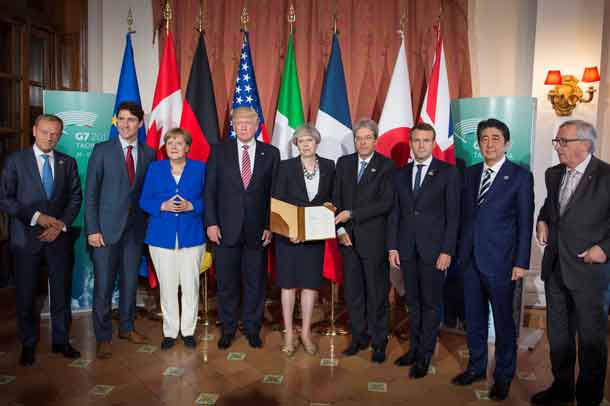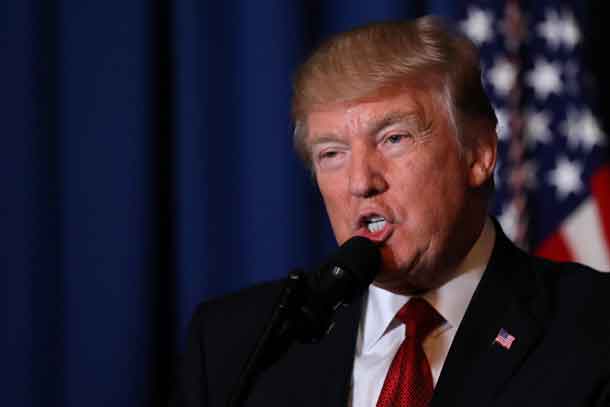
Focusing on the effectiveness of aid, rather than slashing the budget, would be a bipartisan win-win
By Jodi Nelson, Senior Vice President, Policy and Practice, at the International Rescue Committee (IRC)
Almost everyone, it seems, disagrees with the Trump administration’s proposals to gut America’s foreign aid budget. Democrats have lambasted the proposals to shrink the foreign aid budget by some 30% as counter-productive. While Republicans, such as President George W Bush, have described foreign aid as a moral and security imperative for the United States.
From liberals to conservatives, diplomats to military generals, a consensus has emerged that foreign aid, which accounts for less than 1% of the federal budget, represents an effective spend. Effective both in terms of the good America does, but also the strategic interest aid can serve, whether preventing the spread of Ebola, or mitigating destabilization in war zones that prove more costly to US interests if left to fester.
Instead of making drastic cuts to the aid budget, the administration would be wiser to focus on how that budget is spent. Not all aid is well spent. Ensuring that it is, is a bipartisan concern, and one in which President Trump’s private sector experience might prove useful.
Assessing the effectiveness of foreign aid is tricky because there are no market signals that tell us what works and what doesn’t. In the private sector, if a company launches an unpopular product or service, consumers won’t buy it, and the product will normally be shelved. But in the humanitarian sector, there is no such consumer feedback: desperate people will grab any help on offer, even if it’s not particularly useful. They don’t have an opportunity to pick and choose from an aid supermarket.
The rigorous evaluation of aid programs is therefore essential. Thorough evaluations provide crucial data that, much like market signals, tell aid agencies where they should spend their money. Most recently, evaluations have demonstrated the effectiveness of giving vulnerable people cash, rather than more traditional aid such as food parcels, blankets and tents. As it turns out, people tend to know what they need, spend their money wisely, and in doing so boost the local economy and send their children to school rather than work.
A second, opposite example, is microfinance, where small loans are provided to business start-ups in order to stimulate economic growth and development. This was initially thought to be a breakthrough idea but the evidence paints a different picture: loans have not increased household income or small business profits. Nor have they resulted in the expected improvements in school attendance or women’s empowerment.
Major investments in evaluation and research have also led to innovations such as the introduction of peanut paste, known as PlumpyNut, as a treatment for malnutrition. Evaluations have also shown the impact of insecticide treated bednets in preventing malaria and demonstrated the importance and feasibility of providing contraception in humanitarian emergencies. The result is lives saved.
There is political history here. Conservatives arguably created the incentives that motivated efforts to strengthen the evidence base for aid. For instance, in 2010, the UK’s Secretary of State for International Development, Andrew Mitchell, tasked his department to focus on delivering results that could be measured: “we will expect more bang for our buck, only handing over cash when we see real evidence of development results.” President George W Bush’s budget office issued a policy emphasizing the need for evidence of impact, as a way to restore public trust in government.
The upcoming budget will be a test for an administration desperately looking for wins. Focusing on the effectiveness and efficiency of aid, rather than just slashing the overall budget, would be a bipartisan win-win. It’s an opportunity the administration, and the country, cannot afford to miss.





